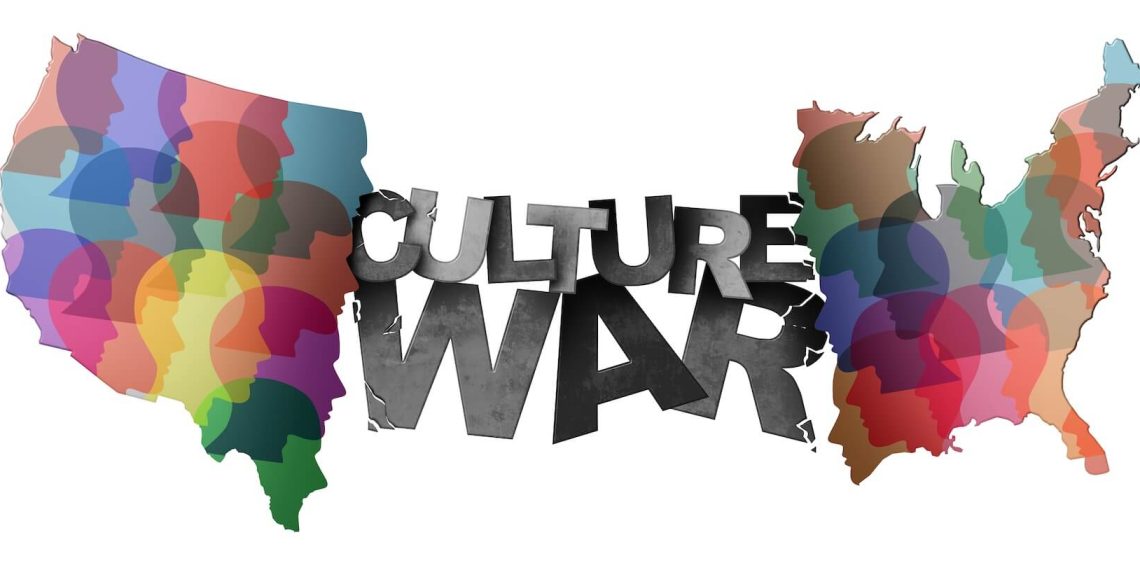Abstract
This paper examines the intricate relationship between populism, culture wars, and fundamental rights. It explores how the rise of populist movements and the intensification of culture wars reshape the interpretation and implementation of fundamental rights, often polarizing societal values and threatening democratic principles. By delving into the mechanisms underlying these phenomena, the paper highlights how populism amplifies ideological divides, leveraging culture wars to contest principles of equality, freedom of expression, and social justice. The study categorizes populism into economic, political, and cultural strands, analyzing their combined effects with culture wars on the discourse and practices of democracy. Using examples such as the rollback of reproductive rights in the United States and the use of nationalist narratives in Brazil and India, the paper underscores the tangible consequences of these dynamics. This exploration reveals the challenges these contentious forces pose to the principles of democracy, human rights, and social cohesion, as well as their influence on competing democratic models: liberal, majoritarian, and minoritarian.
Keywords: populism, culture wars, fundamental rights, democracy.
By João Ferreira Dias
Introduction
Populism, characterized by its dynamic appeal to ‘the people‘ against perceived elite or establishment forces, has gained significant traction worldwide, manifesting in diverse forms. These range from economic populism, with its emphasis on wealth redistribution and anti-establishment sentiments, to political populism, which focuses on governance and anti-elite narratives, and cultural populism, which capitalizes on identity politics and nationalistic sentiments. Each strand intersects uniquely with culture wars, conflicts that revolve around competing values, beliefs, and identities, deepening societal polarization.
The synergy between populism and culture wars presents substantial challenges to interpreting and protecting fundamental rights such as freedom of expression, equality, and the right to privacy—cornerstones of democratic and human rights principles. Within this polarizing framework, these rights are contested, their interpretation shaped by ideological biases that reflect broader political struggles.
Furthermore, this dynamic interplay fuels competing concepts of democracy. The traditional model of liberal democracy, defined by individual rights, checks and balances, and inclusive governance, now contends with majoritarian democracy, which emphasizes the will of the majority, and minoritarian democracy, which seeks to protect marginalized groups and their social identities over common ground.
This paper aims to explore the intricate connections between populism and culture wars and their collective impact on fundamental rights. By examining how these forces challenge the principles of democracy, human rights, and social cohesion, we provide a framework for understanding and addressing the threats they pose to safeguarding fundamental rights in an era marked by these ideological confrontations.


